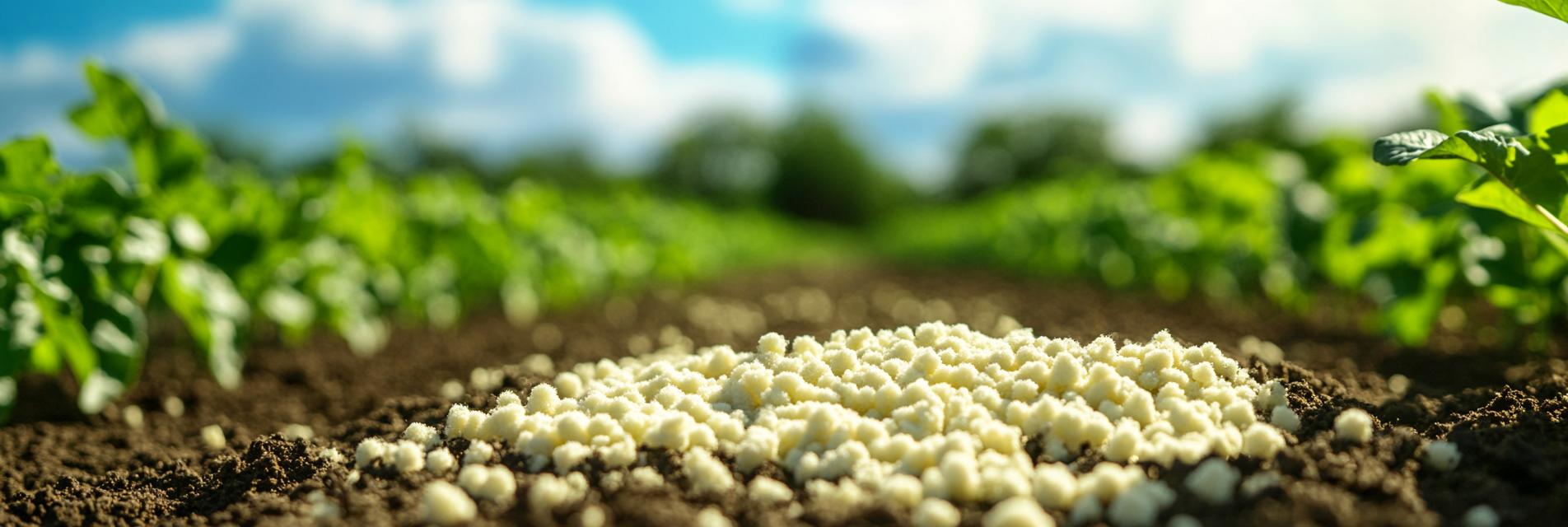Agriculture is an ever-evolving field where innovative solutions are crucial to facing challenges such as crop diseases. One such solution that has garnered attention is ammonium sulfate. Often overshadowed by other fertilizers, ammonium sulfate possesses unique properties that can significantly enhance crop resilience against diseases.
Ammonium sulfate is a widely used inorganic fertilizer containing nitrogen and sulfur, key nutrients for plant growth. Its dual action not only nourishes plants but also helps in enhancing their overall health. Farmers are increasingly recognizing its potential beyond mere fertilization.
One of the remarkable benefits of ammonium sulfate is its ability to improve crops’ disease resistance. For instance, in a field where diseases such as blights and wilts are prevalent, using ammonium sulfate can help strengthen the plant's immune system. This enhancement is vital as it allows crops to withstand various pathogens effectively.
Farmers often face the challenge of selecting the right fertilizer for their specific crop needs. When using ammonium sulfate, it's essential to recognize the best application methods. Here are some strategies:
Despite its benefits, some farmers may encounter challenges when using ammonium sulfate. The key to overcoming these issues lies in understanding the soil composition and crop requirements. For example:
In summary, ammonium sulfate is much more than just a fertilizer. Its unique properties can help bolster crop disease resistance, making it a valuable tool in modern agriculture. By understanding how to effectively use ammonium sulfate, farmers can navigate the challenges of crop production more successfully while enhancing their yields.
